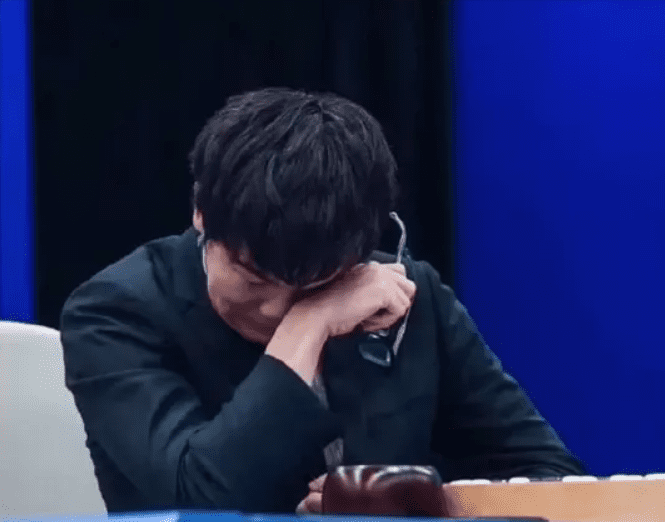
I’m just reading a new book recommended by a banking friend AI Superpowers: China, Silicon Valley, and the New World Order by Kai-Fu Lee, and the opening got me thinking. Kai-Fu refers to the Google AI machine AlphaGo that beat Ke Jie, the world’s best Go player, as a sputnik moment.
For those old enough, Sputnik was the first flight into space by an artificial satellite, achieved by the Russians in the 1950s. It led to the race to the moon, and Kennedy’s famous speech in 1961 that they would land on the moon first before the end of the decade. And they did. Many believe it was rigged, but I’m pretty sure the US did land on the moon as I worked for a computer company that automated a lot of those Apollo flights Unisys, formerly Univac. The computer power in those flights is less than what I carry on a USB stick these days but hey, human’s ingenuity knew no bounds … especially when it meant sticking a finger up at the opposition.
In those days of the Cold War, the Iron Curtain and the separation of East and West, Communism and Capitalism, there was a huge chasm in thinking and many occasions where humans verged on the brink of suicidal meltdown. Thank goodness that all went away although, with today’s frictions between USA and China, you wonder if it’s coming back.
And that’s how Kai-Fu’s book starts.
Sputnik lit the fire in the Cold War race to show who had the best technologies. Today, there is another technological warfare taking place between China and America, and it is focused upon artificial intelligence. The AlphaGo win lit the fire, because people in China had never believed that their ancient game of Go could be won by a machine. Interestingly, Ke Jie went through all the human emotions during that match too. From surprise to anger to fear to grief to misery. When he cried after the third match, the online universe lit up with support and applause for his efforts.
That’s when humanity expressed itself. Humans supporting humanity against the machine. The machine may have won, but humanity can grieve.
It was that moment which made the Chinese authorities and technology firms wake up, and that’s what Kai-Fu’s book explores. The race for AI supremacy, and the battle between Silicon Valley and Beijing.
I’m sure I will blog more about this, but it signifies some interesting insights of my own. For a long time now, I’ve been wondering what happens when the axis of power shifts from West to East. When China becomes the dominant superpower and America is relegated to second place. What happens when the yuan supersedes the dollar or when Alibaba and Tencent are valued higher than Amazon and Apple?
This tenuous balance between trade and trade wars is as tricky as the balance of power between Russia and America back in the 1950s. The main difference is that Russia lost that one and I’m not so sure America will win this one.
Chris M Skinner
Chris Skinner is best known as an independent commentator on the financial markets through his blog, TheFinanser.com, as author of the bestselling book Digital Bank, and Chair of the European networking forum the Financial Services Club. He has been voted one of the most influential people in banking by The Financial Brand (as well as one of the best blogs), a FinTech Titan (Next Bank), one of the Fintech Leaders you need to follow (City AM, Deluxe and Jax Finance), as well as one of the Top 40 most influential people in financial technology by the Wall Street Journal's Financial News. To learn more click here...

